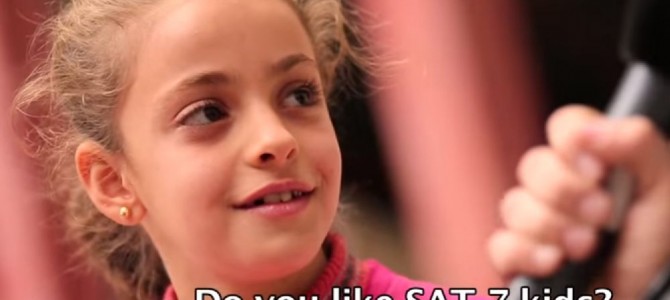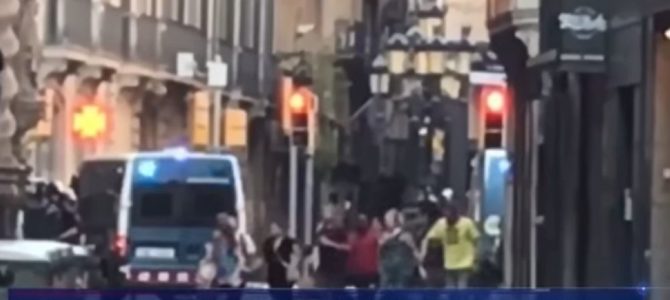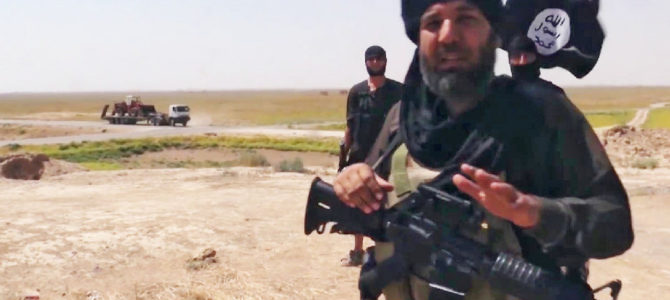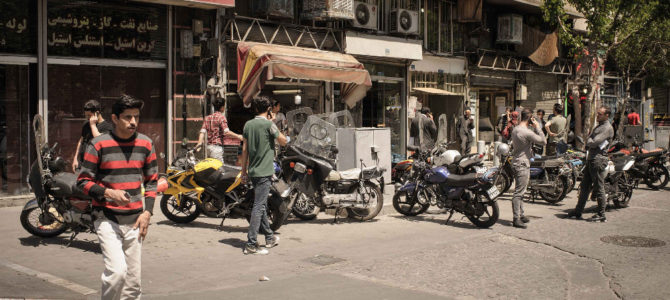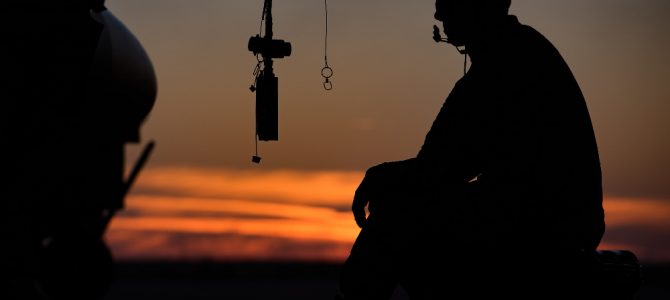Myriam grew up in war-torn Iraq. Her hometown is Qaraqosh, close to Iraq’s second-largest city, Mosul. The Islamic State in the Levant, or ISIS, overran Qaraqosh in 2014 and forced most of its 50,000 residents to flee (the town had been the biggest Christian city in Iraq). Myriam and her family were among the new refugees. She was nine or ten years old.
Qaraqosh has a dynamic history. Various unorthodox Christian groups settled there by 615 A.D. Their numbers swelled when persecuted Christian refugees came during the eleventh century. In subsequent generations, foreign invaders and Islamic governments imposed trouble and sporadic violence. But the city remained mostly Christian, and since the 1830s, mostly Catholic. In recent decades, residents have been emigrating to other cities and countries in search of better economic and political independence.
Several months after ISIS attacked Qaraqosh, the Christian Middle Eastern Sat-7 Kids television channel visited a refugee camp and interviewed a number of children. One of them was Myriam.
She told program host Essam Nagy she missed her house, her school, and her friend Sandra. Yet she also believed in God’s love and protection. Nagy asked if God loved those who hurt her. She said yes, and added, “I won’t do anything to them, I will only ask God to forgive them.” She said she forgave them also. When Nagy asked if such forgiveness was hard, she replied emphatically: “I won’t kill them. Why kill them? I’m just sad they drove us out of our homes. Why did they do that?”
‘Even If We are Suffering Here, He Provides for Us’
Nagy said he hoped Myriam would return to a better home than the one she left. She easily might have said, “Me, too.” Yet with a look of joy, she stated, “If God so wants. Not what we want, but God.” She noted that she cries sometimes because she left Qaraqosh. But rather than being angry at God, she thanked Him because “even if we are suffering here, He provides for us.”
The conversation turned to Myriam’s treasured classmate, Sandra. They “loved each other a lot,” and would spend all day together. On occasion they wronged each other, “but we used to forgive one another.” For now she just hoped to see her friend again.
Fast-forward a few months, and Myriam met her friend twice in a virtual setting. Myriam was still in Iraq, but Sandra had escaped to Lebanon. On Tony Khalifeh’s MTV program and Nagy’s Sat-7 Kids program, Sandra greeted Myriam through video telephone calls.
In their first meeting, Sandra could not speak when she saw her friend. Myriam smiled and said in her native Assyrian tongue—neo-Aramaic, the language of Christ—“Don’t cry, Sandra.” She switched to Arabic and repeated the same words.
A month later, on the Orthodox Easter 2015, they spoke again. Sandra read aloud an affectionate letter she had written her friend. Myriam replied by praying for Sandra—asking “Jesus Christ” to protect her and “put in her path people who love her and appreciate her.”
By late 2015, Sandra and Myriam had reunited in person. They were back in school together at a refugee camp in Iraq. Life obviously was still hard, but they were together—all smiles—and they continued to love and trust God.
Back on her first Sat-7 Kids appearance, Nagy asked if Myriam sang any songs during her trials. Composed and dignified, this was her beautiful response:
How joyful is the day on which I believed in Christ!
My joy was made complete at dawn, and my voice sang with gratitude.
My love to my glorious Savior—day by day it will grow.
A new life, a joyful day, when I reunite with my Beloved.
Motivated by love, He came; oh what an awesome love!
He restored me to righteousness, on account of an honest covenant.
My love to my glorious Savior—day by day it will grow.
A new life, a joyful day, when I reunite with my Beloved.
